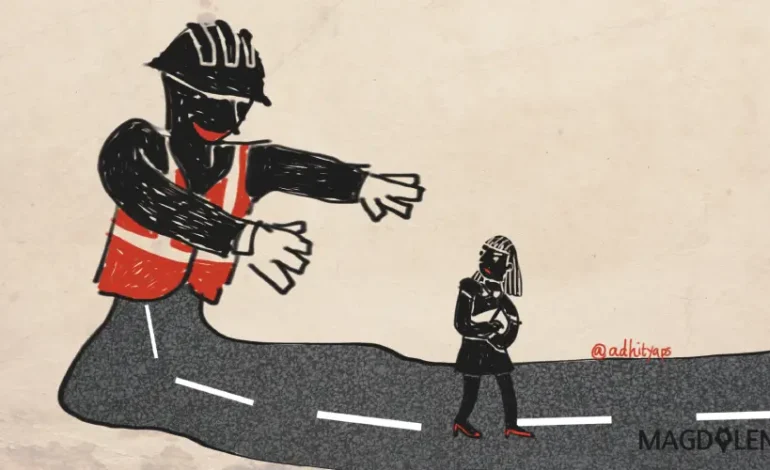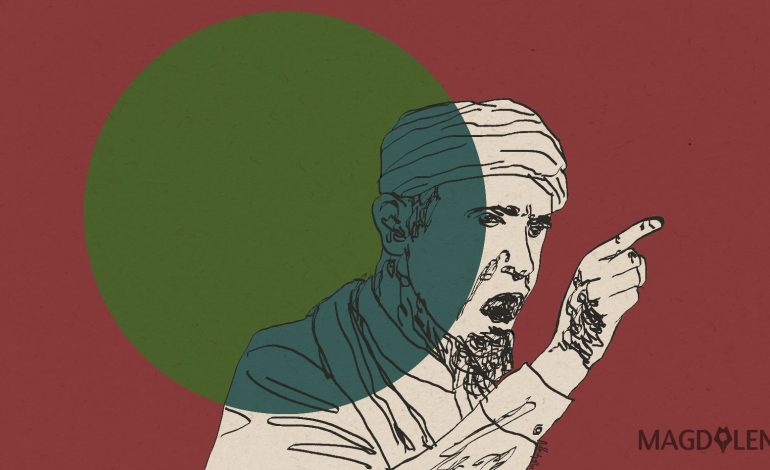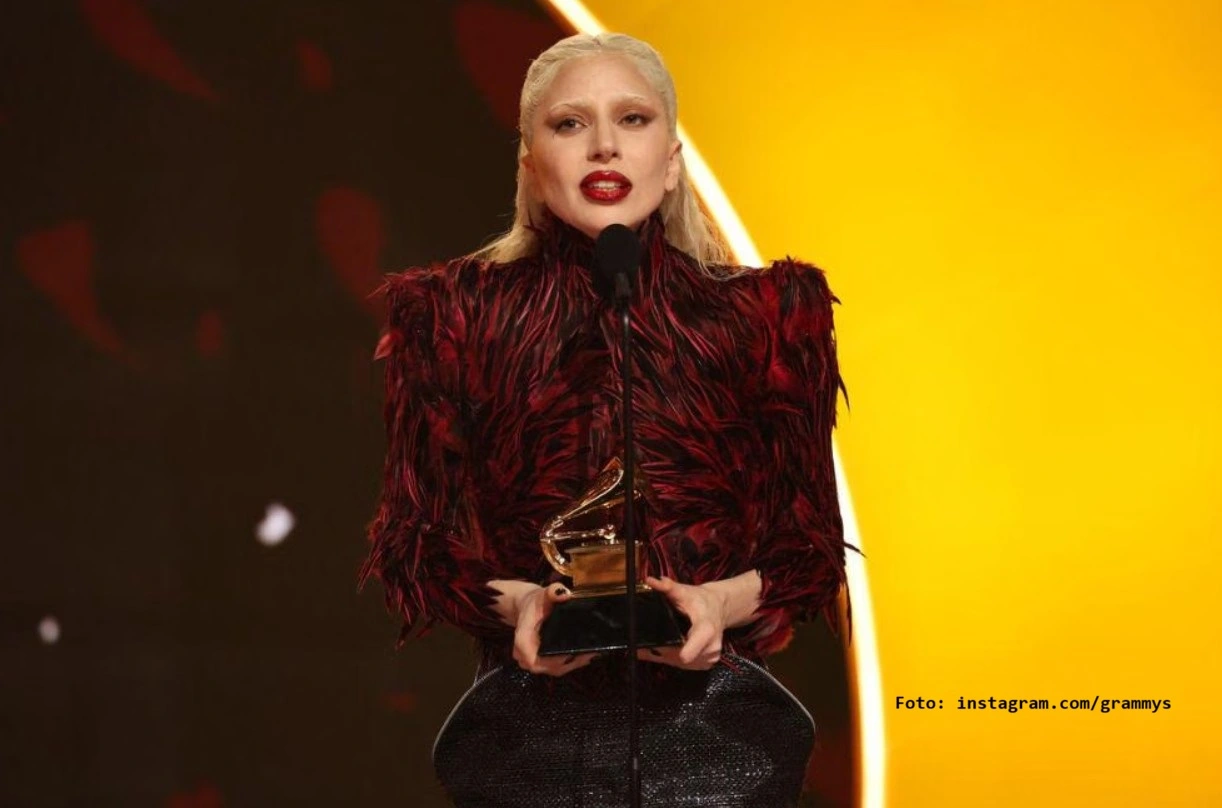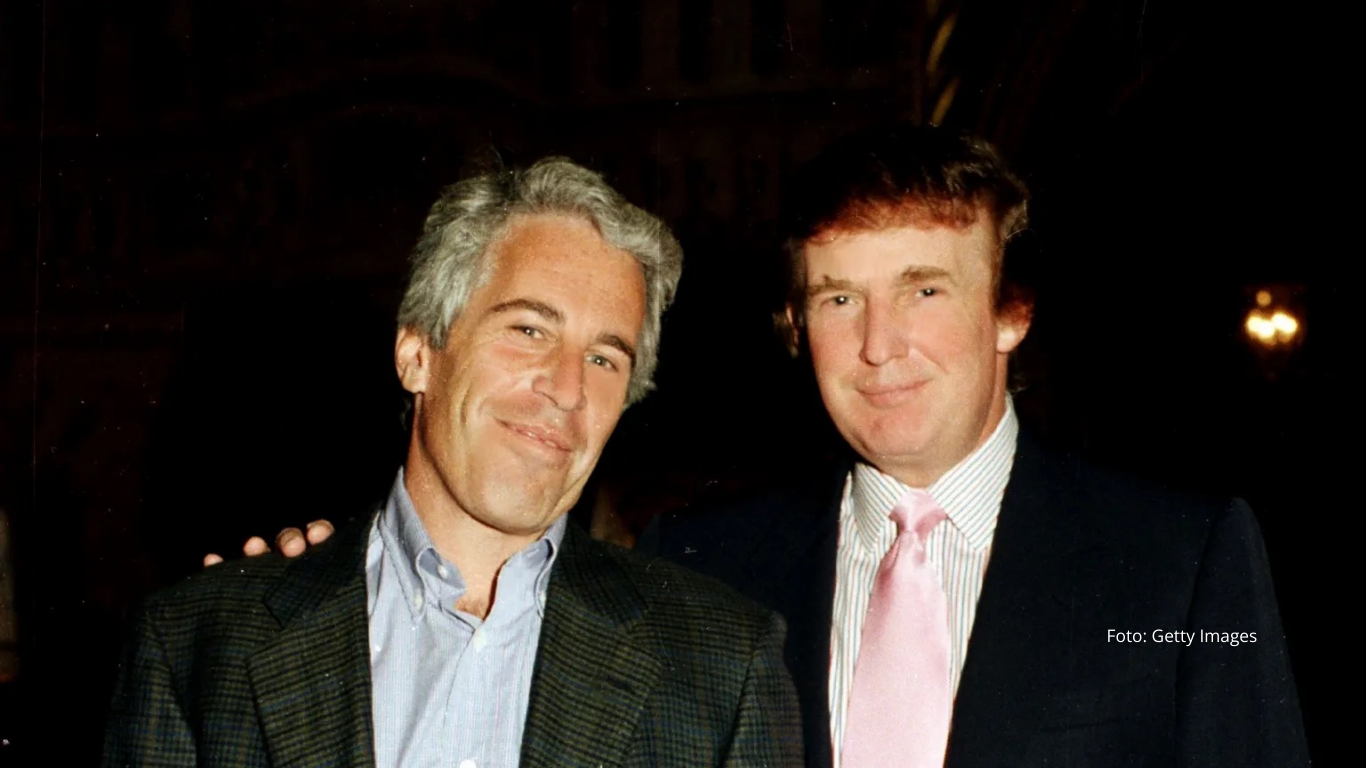The Politics of Shaming Gay Sex in Indonesia
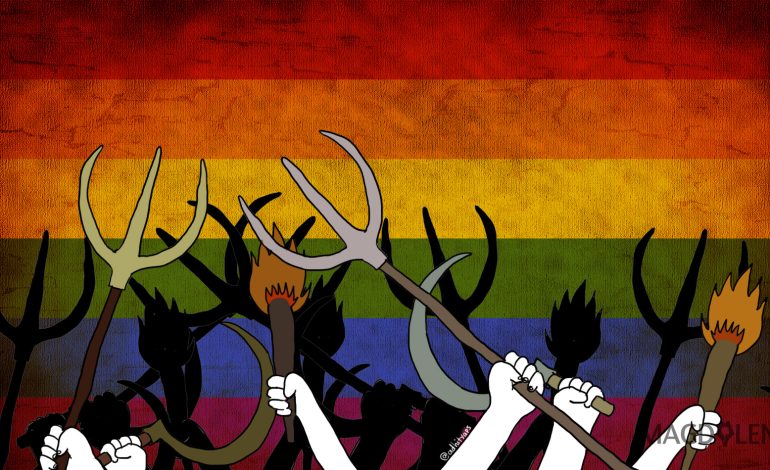
Last Sunday night, 141 gay men were arrested by Indonesian police in a raid of an alleged gay sauna in North Jakarta. The venue, previously known as a gym by its neighbors, was holding a special event called “The Wild One”. Since Indonesia is a land of conspiracy theories, some might speculate that this raid was intended to divert public attention from a sex scandal involving the Islamic religious vigilante group leader Rizieq Shihab and the coordinator of Solidaritas Sahabat Cendana Foundation Firza Husein.
However, this incident is not the only one of similar nature in the last few months. In April, the police also raided an alleged “gay sex party” in a hotel room in Surabaya, arresting 14 men and forcing them to undergo HIV tests. A month before, two young men in Aceh were also arrested by a group of unidentified vigilantes for having same-sex relationships. Under the charges of violating Islamic law that prohibits homosexuality, this couple was sentenced to 85 lashes each.
In addition to being charged under the pornographic law and the Islamic law, those incidents bore another similarity: the fact that gay men are subjected to public disgrace. In the Aceh case, vigilante groups recorded the physical and verbal violence of the victims during the arrest. In Jakarta, the police distributed pictures of the gay men alongside their personal details to media, which, unsurprisingly, made them viral among social media and messengers users. Some homophobic social media accounts even encouraged other users to keep disseminating those posts.
Feminists have coined the term “slut shaming”, referring to an act of calling and stigmatizing other girls as “sluts” or “bitches” for their non-normative sexuality. I have begun to notice that the making of gay men and their sexualities as public spectacle also follows similar logics. Through these acts, as I begin to notice, not only that moral panics are purposely perpetuated, but shame of oneself is also reproduced as a deterrent, to punish individuals and force them to change their attitudes. In this brief article I want to explore the politics of gay shame and the way for queer people to twist and crack it.
Many may still think that emotions – sadness, joy, fear, shame, and so on – are inherent psychological feature. Although to some extent it might be correct, this understanding apparently misses one important thing: the social dimension. When I recently joined a crowd rallying and singing our national anthem “Indonesia Raya” at the Sydney Opera House to call for the freeing of Jakarta Governor Basuki Tjahaja Purnama (Ahok), my own feelings shifted rapidly. All of a sudden, the sadness and disappointment displayed by those faces also entered my body, making me also feel sorrowful. Similarly, when a friend cries or laughs in front of me, my own feelings are also influenced by her displayed emotions. Emotion is contagious and therefore it does not only exist “inside” our body. It can be produced, reproduced, intensified and perpetuated by something outside our body. Given all this, shame also has a social quality that renders its productions and continuity.
Drawing from the queer theorist Sara Ahmed’s (2004)The Cultural Politics of Emotion, shame is a negative, yet powerful feeling, an emotional acknowledgment of wrongdoings that make individuals feel that they have committed wrongful acts. As a consequence, they feel the need to hide or avoid other people’s gazes. Even when there is no one around, such feeling can just come and sweep your body because you believe you have done something wrong. However, how does an individual come to know that what he or she did is wrong?
Shame is gendered. Where homosexuality is still regarded as ‘abnormal’ and an ‘illness’, bodies of gay men are also potential sites of shame to be reproduced and sustained.
Speaking of sexuality, value judgments always involve norms for which they are measured against. Those norms are the standards to define what is “good” and “bad”. They are indeed not natural, but a set of socio-cultural constructions. With the deployment of such sexual norms, subjects are defined and categorized into “good” and “bad” on the basis of their sexuality. An individual could internalize these norms and would consequently feel ashamed, after committing what is classified as “bad sex”, even when there is no one around watching.
As the anthropologist Sharyn Graham Davies notes, shame is thus gendered and sexualized. Women who are pregnant out of wedlock are more shamed than the men who were also engaged in the sexual activities. Double standards do apply here. Where homosexuality is still regarded as “abnormal” and an “illness”, bodies of gay men are also potential sites of shame to be reproduced and sustained. Through the norms, they are made to believe that their sexual desires or practices are wrong. No wonder there are many gay Indonesians who are still ashamed of and uncomfortable with their own sexualities. Shame always needs norms to guarantee its reproduction.
Shame could be casted upon individuals by other people through disclosing his or her or their “wrongdoings”. In Indonesia we have the term “dipermalukan” (disgraced or publicly disgraced), which refers to an act of disclosing one’s wrongdoings in public, or at least in front of more than one person. Everyone then becomes a spectator, making shame intensified in the individuals’ bodies. This act subsequently reduces “the totality of an individual” into his or her or their wrongdoings.
For example, in the recent arrest, those gay men are not viewed as human beings who also share similarities with the heterosexual counterparts. Alongside the circulation of the pictures of them topless, they are reduced into mere (if not uninhibited) sexual beings. They are stripped of their own humanity, while the spectators derive enjoyment from this “exhibition”. As I argue elsewhere, those spectators, by looking at and distributing their pictures, gain a certain pleasure from being able to declare: “I am not like them; therefore, I am morally better”.
Being gay is not something wrong that you need to be ashamed of.
Like a double-sided coin, morality always needs immorality for the former to exist. In other words, if you want to be perceived a morally better person, you need to define yourself against what is perceived as “immoral”. Different from private enjoyment, the displaying of immorality and wrongdoings in public open up the competition among groups to also publicly display their morality. It happens through public condemnations and denunciations, as we have seen from many conservative groups. This purposely leads to the explicit politicization of sexuality – condemning homosexuality is a way to gain political supports from public, to make public believe that they are morally better. Sexual brouhaha is by all means a political currency.
But, what should we do after knowing all this?
First, since we now have exposed how gay shame is reliant on socially constructed norms, all we need is to detach shame from gay bodies and sexuality. When ashamed, we tend to hide ourselves, looking down to avoid the gaze of other people. Oh, please, no! Being gay is not something wrong that you need to be ashamed of.
We can confront that gaze, look at it directly, right into their eyes. Or as feminist Camille Paglia writes in her essay, “Deal with it. On the spot. Say, shut up, you jerk! And crawl back to the barnyard where you belong!” And walk proudly. Queer people should have this take-charge attitude of their sexuality and walk without lowering their head. Well, take it as a metaphor, not the literal meaning.
Secondly, I was surprised to see how other gay men also “slut-shame” these gay men. This is actually what I am afraid of, when gay men slam other queer people who they think do not “behave” properly. For this group, I just want them to ask themselves: who sets up the standards classifying “proper” and “improper” sex?
In The Trouble with Normal, queer theorist Michael Warner writes that gay movements in too many ways have chosen to “become a politics of sexual identity, not sex.” For the sake of respectability, we often inadvertently become anti-sex, anti-pleasure, anti-experimentation. We want to be respected through efforts of denigrating other people’s sexualities that are non-normative. We condemn sex workers, non-monogamous gay, queer people using drugs, or even waria (transwoman), who many gay men still perceive as “tacky, vulgar, and not-educated”. But what, then, makes us different from those homophobes using gay sex to impose their morality?
Hendri Yulius obtained his Master’s in public policy from the National University of Singapore, is the writer of Coming Out and a lecturer of gender and sexuality studies. He is currently pursuing his Masters of Research in Gender and Cultural Studies in The University of Sydney.

